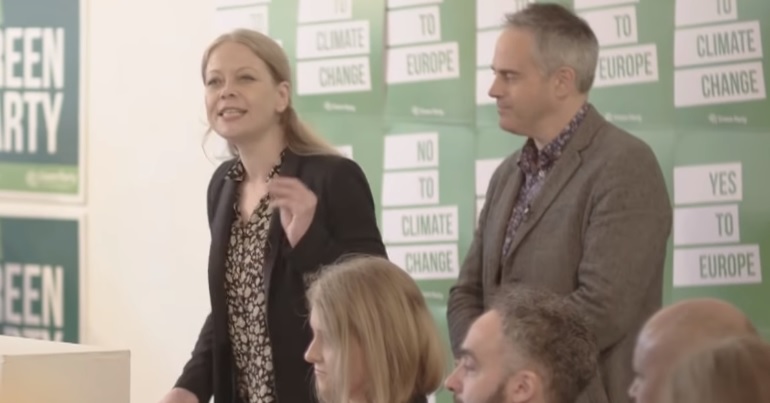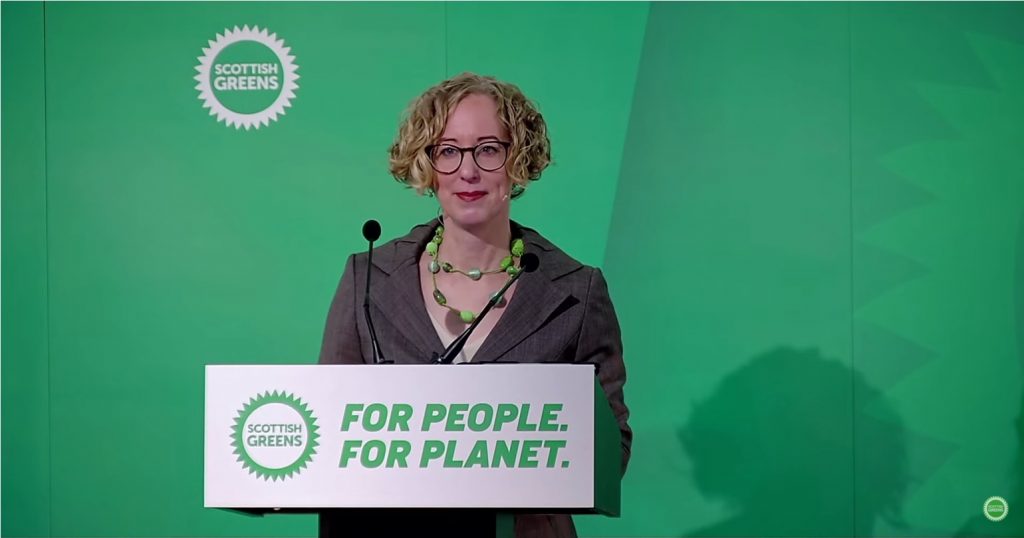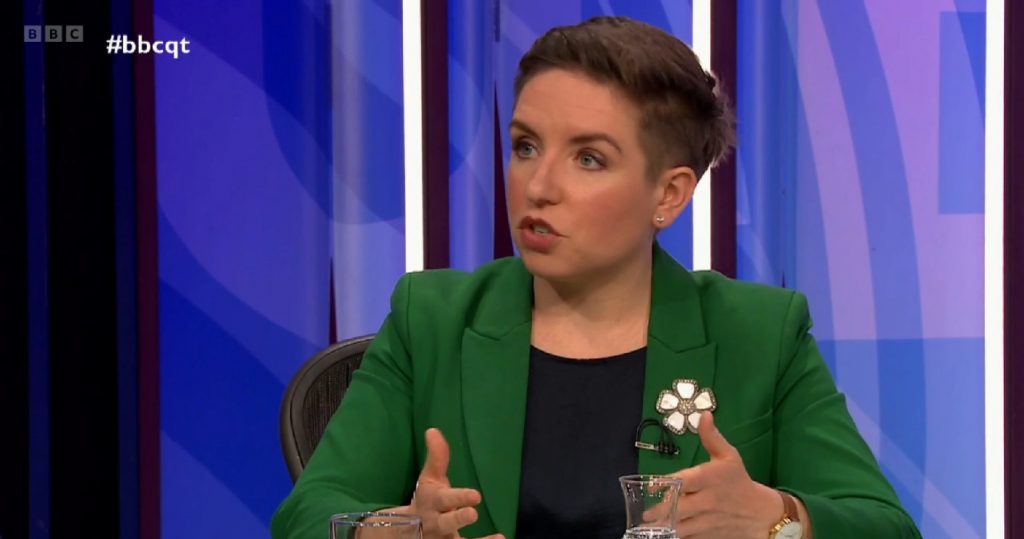Greens must stick to the radicalism these times demand

The last few years have been a dizzying time for Green Party members. For most of the 2010s we took up the lonely role of opposing the ruinous austerity policy of the coalition government. We became the political expression of the social movements that were resisting these attacks outside of formal politics.
The scene changed dramatically in 2015. These same social forces captured control of the Labour leadership, but never the bureaucratic power bases that undermined them. Many people whose opinion I respect were quietly sceptical a project like Corbynism could succeed within Labour. Nonetheless, we wished them success in changing the direction of politics as we sped ever closer towards climate crisis.
During this period, while the party professionalised its electoral operations beyond recognition, it struggled to find a new role as the previous one became mainstream on the left. This was not for lack of trying: the brilliant Young Greens, key in pushing the party to its radical left position, also struggled to articulate a convincing strategy. Many members jumped ship for Labour, understandably seeing it as the vehicle to actually achieve the transformation in society we’d been fighting so long for.
This was a difficult time for mid-millenials like me who had put years of our lives into the Greens trying to turn it from a stronghold of counterculture to a serious left party that could provide a real challenge to Labour’s residual Blairism that we knew would not challenge the coming assault on our society. We knew that if the climate crisis was to get the political attention it urgently needed, we could only do that by broadening our appeal.
In that time the strategic focus of the party drifted, changing from what was previously a highly equivocal support for the EU to full-throated, uncritical Europhilia barely distinguishable from the Lib Dems. Whereas in 2015 we instinctively worked to cancel out the built-in Tory advantage under FPTP, because it was the right thing to do, in 2017 and 2019 the party shifted to a mentality that we were almost owed seats by other parties.
I’ve been as enraged as anyone over the years by Labour’s blind tribalism, but at the end of the day, as principled radicals it is our job to put these emotions aside in favour of considering the actual impact of these tactical decisions. Last year’s dalliances with the Lib Dems delivered short-lived electoral gains until our MEPs were sent home, and the disastrous Unite to Remain platform failed to deliver any advantage while watering down our identity. Lacking a compelling vision, we turned to tactical positioning to try and benefit from the Brexit culture war, without success.
But now things have changed dramatically once again. Labour has raced back to the cynical triangulation abandoned in the Corbyn era, sidelining the hardship of millions of people unable to pay rent, keep themselves safe at work and many other struggles.
In the midst of a pandemic exacerbated by capitalism’s contempt for the natural world, we need to articulate a vision that protects people’s basic material security from the rentier class and rejects a catastrophic economic recovery plan based on reflating fossil fuels, airlines and consumerism. Sian Berry has seized the moment with calls for a rent freeze and a basic income that breaks the stranglehold employers have over the health of their workers.
The Young Greens co-chairs have already pointed out that the party needs to embrace a class orientation in its politics. When it’s increasingly obvious that a handful of billionaires and corporations are blocking the urgent action the rest of the public supports, we need to shout this fact from the rafters.
Too often, Greens have spoken as if the only thing stopping action is not electing principled people who will do the right thing. But as we’ve seen from Farage’s phenomenal success in remaking UK politics in his image, there’s no reason to believe incremental, possibly highly precarious electoral gains are the only way to bring about the change we seek.
I want to see a leadership doubling down on the principled case for a humane and comprehensive safety net now, and a just recovery underpinned by an ambitious Green New Deal. As the climate movement embraces a radical left, racial justice orientated vision abandoned by Labour, it is our job to amplify that articulation in the political sphere. Finally, it means replacing disjointed calls for ‘democratic reform’ with demands for radical democracy that puts communities in charge of the decisions impacting them.
In the midst of the Tories’ catastrophic handling of this pandemic, we can’t afford to pass up the potentially transformatory change in public consciousness – it could be the path to the radical change we need to ensure a habitable world.
This article is the second in a series on the forthcoming Green Party of England and Wales leadership election. Bright Green has invited a number of Green Party members and activists to contribute their views on what the next Green Party leader should deliver. The articles in this series can be found here.
PS. Bright Green has big plans for the future, but we need your input. Take 2 minutes to see what we’re planning and tell us your thoughts.
Image credit: YouTube screengrab




The title says “Greens must stick to radicalism”, but when have Berry or Bartley offered anything “radical”?
Is the “Green New Deal” actually radical or is it any party politics?